Our work
EDRi is the biggest European network defending rights and freedoms online. We work to to challenge private and state actors who abuse their power to control or manipulate the public. We do so by advocating for robust and enforced laws, informing and mobilising people, promoting a healthy and accountable technology market, and building a movement of organisations and individuals committed to digital rights and freedoms in a connected world.
Filter resources
-
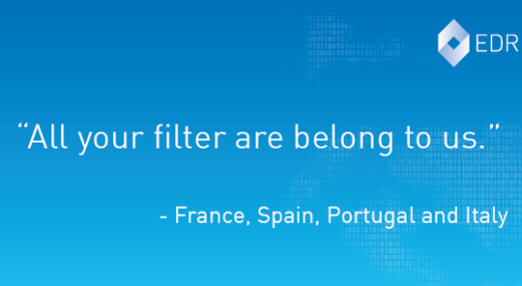
Leak: The “copyright troika” launches another censorship machine attack
On 27 April, a two-hour discussion was held on the Copyright Directive in the Council of the European Union.
Read more
-
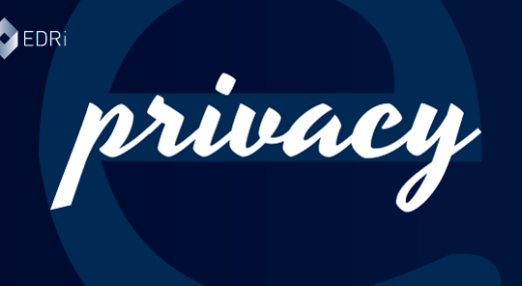
EU Member States fight to retain data retention in place despite CJEU rulings
EU Member States are still working to adopt their position on the ePrivacy Regulation proposed by the European Commission in January 2017. A number of draft compromise texts have been published by the Council Presidency before discussions in the Working Party on Telecommunications and Information Society (WP TELE).
Read more
-
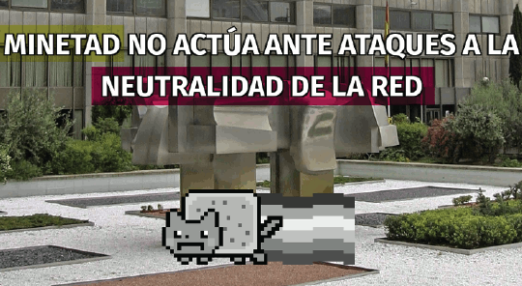
Xnet: Petition on net neutrality guideline violation in Spain
In November 2015, the “Telecommunications Single Market Regulation”, which includes provisions on net neutrality, was adopted. In August 2016, the Body of European Regulators for Electronic Communications (BEREC) published its guidelines on the implementation of the net neutrality rules.
Read more
-

15 organisations ask the European Parliament not to weaken net neutrality enforcement
On 27 April 2018, EDRi and 14 other organisations sent a letter to the European Parliament’s rapporteur on the European Electronic Communications Code (EECC), Ms. Pilar del Castillo. Ms. Del Castillo is the parliamentarian in overall charge of negotiating a political agreement on behalf of the European Parliament. We are concerned about how the current […]
Read more
-

Press Release: “Fake news” strategy needs to be based on real evidence, not assumption
Today, 26 April 2018, the European Commission adopted a Communication on “tackling online disinformation”. European Digital Rights (EDRi), The Civil Liberties Union for Europe (Liberties) and Access Now will jointly respond by issuing a joint shadow report in the coming weeks.
Read more
-
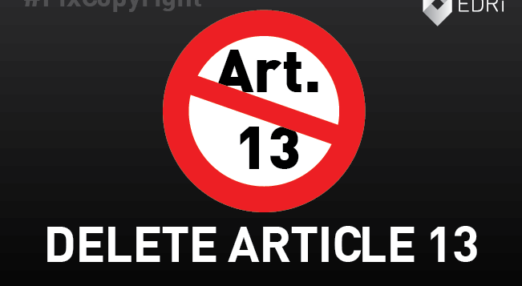
Let’s stop the Censorship Machine!
We have to make sure our representatives in the European Parliament oppose Article 13 during their vote in the JURI Committee on the proposed Copyright Reform. The dangers have been pointed out repeatedly. Still, they have remained ignored. We therefore decided to send the message in different languages, hoping Parliamentaries will better relate this time. […]
Read more
-
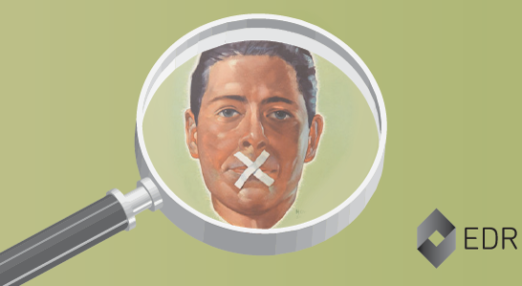
LEAK: British EU Commissioner: ID check & prior approval for online posts
In a letter to Commissioner Mariya Gabriel obtained by EDRi1, the British European Commissioner, Sir Julian King, makes it clear that, not alone does he no longer find it acceptable that people should be able to communicate online without prior approval, he also objects to people communicating without being identified. Commissioner King is pushing the […]
Read more
-
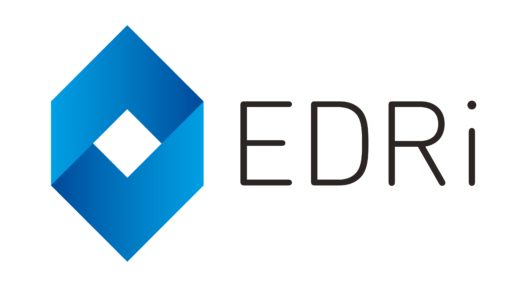
ePrivacy: Civil society letter calls to ensure privacy and reject data retention
On 23 April 2017, EDRi, together with other civil society organisations, sent a follow up to our previous open letter to the permanent representations of EU Member States in Brussels. The letter highlighted the importance of the ongoing reform of Europe’s ePrivacy legislation for strengthening individuals’ rights to privacy and freedom of expression and for rebuilding […]
Read more
-

EU Council Presidency rushes to impose new copyfails in the EU
The discussions on the Censorship Machine proposal (a.k.a. upload filters) in the EU has suddenly speeded up.
Read more
-

Civil society urges Portuguese telecom regulator to uphold net neutrality
On 23 April 2018, 13 civil society organisations submitted a complaint to the Portuguese regulator on one of the most extreme net neutrality violations in Europe, urging them to use their authority to prohibit so-called zero-rating offers.
Read more
-
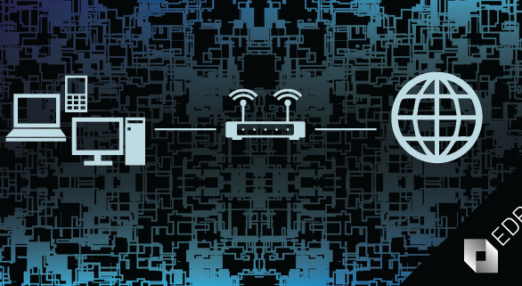
Hermes Center demands investigation of NAT-related data retention
On 27 March 2018, EDRi member Hermes Center for Transparency and Digital Human Rights filed a request with the Italian Data Protection Authority (DPA) to investigate on the widespread practice of logging Network Address Translations (NAT) by most of the telecommunication operators.
Read more
-

Fighting for migrants’ data protection rights in the UK
Since 2014, the United Kingdon (UK) government has steadily rolled out policies to make the country a “hostile environment” for migrants, in the words of Prime Minister Theresa May.
Read more
